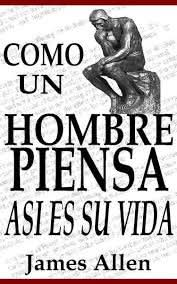Man thinks as he lives.

In Cuba, blackouts have created a general state of despair among the population. The thoughts and attitudes of those who have electricity are very different from those who don’t.

The phrase «Man thinks as he lives,» although not a formal philosophical law, encapsulates a central idea of historical materialism, especially the thought of Karl Marx. Essentially, it means that the material and social conditions in which a person lives largely determine their way of thinking, their ideology, and their worldview.
In Cuba, blackouts have created a general state of despair among the population. The thoughts and attitudes of those with electricity are very different from those of those without. In the neighborhood where I live, fortunately, we went a little over two days without blackouts.
This pause brought a sense of peace to the neighborhood, interrupted only by some loud music. The neighbors’ language changed, their mood improved, and collaboration became more evident. During those hours, I felt solidarity with those suffering from blackouts, but I also experienced how, for a moment, I forgot their pain and felt we were on equal footing.
This experience reminds us of the importance of putting ourselves in the other’s shoes so we don’t lose our way. An important detail we cannot overlook is the lack of communication. We were not informed why we had electricity almost all the time on this circuit, while on others we only had four hours in almost three days. Transparency and clear information are essential to maintaining trust and social cohesion.
Written by Enrique Tirse.




